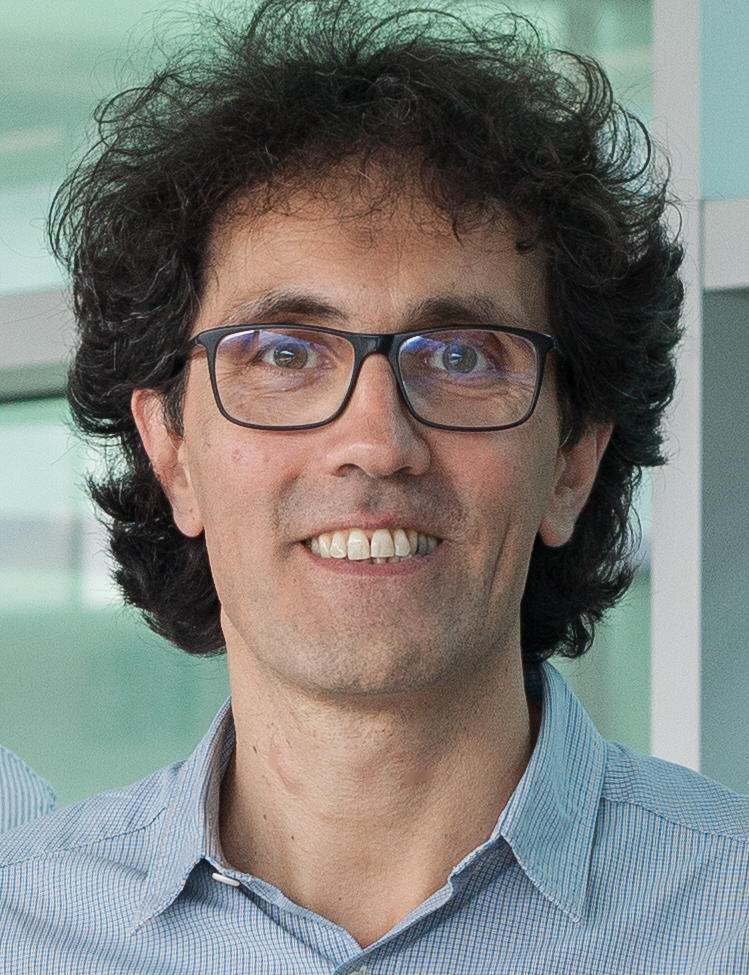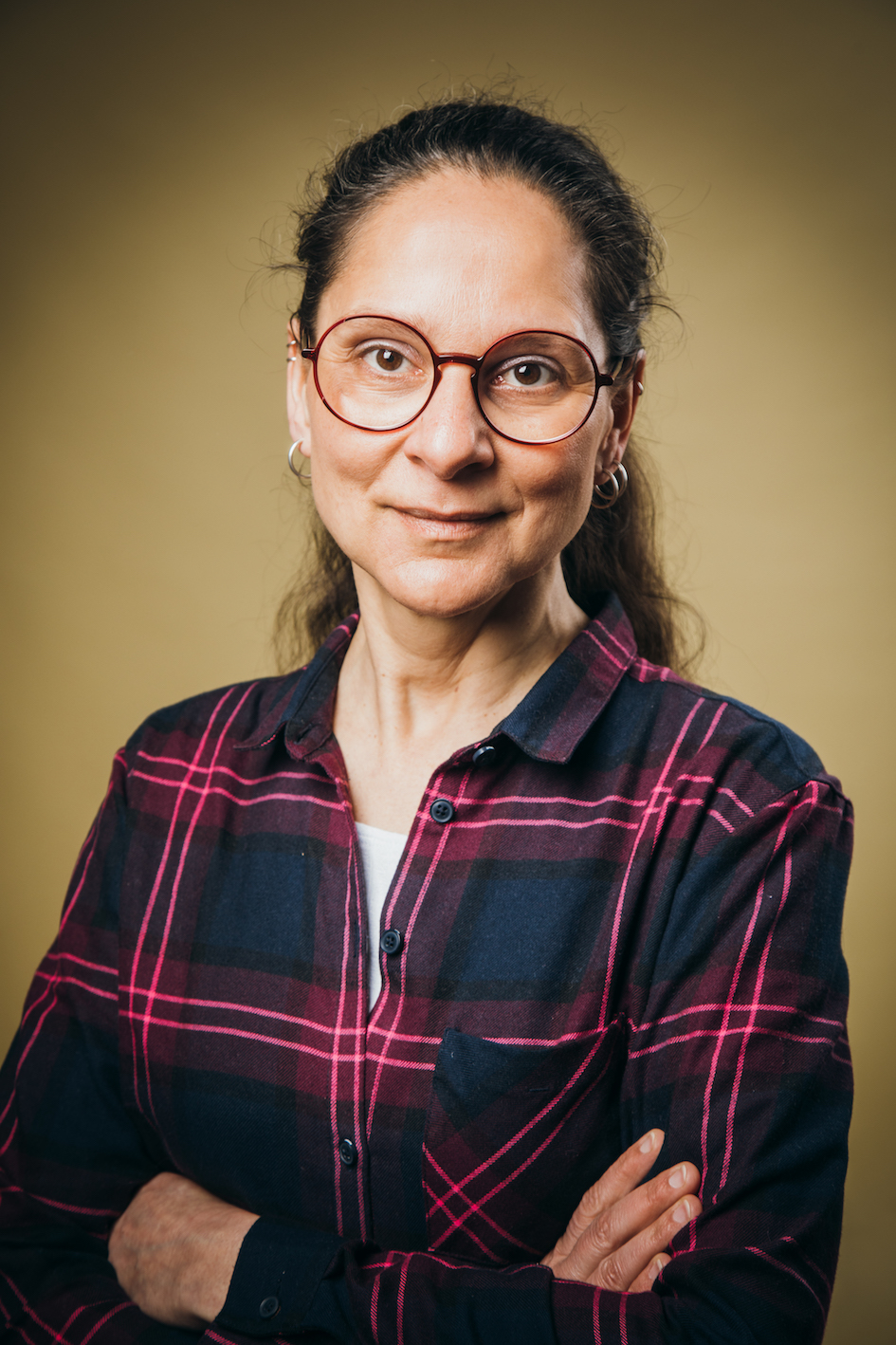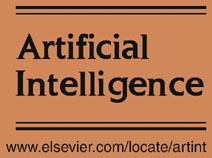Inivited Speakers

|
Diego Calvanese Free University of Bozen-Bolzano, Italy
Verification of Temporal Properties in Communicating Datalog ProgramsLogic-based languages, such as Datalog and Answer Set Programming, have been recently put forward as a data-centric model to effectively specify and implement network services and protocols, seeing them as dynamic systems of distributed computational nodes. In such systems, which we call Communicating Datalog Programs (CDPs), each node evolves an internal database, exchanges data with other nodes of the network via channels, and may incorporate fresh data from the external world. A rigorous, comprehensive characterization of the decidability and complexity of verification of temporal properties in CDPs is still missing. In this talk we analyze the different assumptions characterizing the problem space, and then discuss several different variants of the problem. In particular, for the significant case where the number of nodes in the network is fixed, we delineate the decidability frontier of verification and provide tight complexity bounds. |

|
Juha Kontinen University of Helsinki, Finland
Team-based logics and their applicationsTeam Semantics is the mathematical basis of modern logics for reasoning about dependence, independence, and imperfect information. During the past decade research on team semantics has flourished with interesting connections to fields such as database theory, statistics, formal linguistics, hyperproperties and causality, just to mention a few examples. I will give a short introduction to first-order team semantics and discuss recent generalizations and applications that might be relevant for the nonmonotonic reasoning community. |

|
Anni-Yasmin Turhan Dresden University of Technology, Germany
(joint keynote with DL)
Brushing-up description logics to cope with imperfect dataFor logic-based applications where data is not curated, but generated automatically, noisy or erroneous data can clearly be an obstacle for reasoning under classical First-order semantics. In recent years several approaches have been investigated for reasoning in Description Logics that deal with this problem -- often by changing the underlying semantics. In this talk I will discuss different reasoning problems using non-standard semantics, such as defeasible or approximative semantics, that can preserve useful logical reasoning even in the presence of imperfect data. |
NMR Workshop Organization
General co-chairs of NMR 2023
| Kai Sauerwald | FernUniversität in Hagen, Germany |
| Matthias Thimm | FernUniversität in Hagen, Germany |
Local chair of NMR 2023
| Pavlos Peppas | University of Patras, Greece |
Programme committee
- Ofer Arieli (The Academic College of Tel-Aviv, Israel)
- Ringo Baumann (University of Leipzig, Germany)
- Christoph Beierle (University of Hagen, Germany)
- Alexander Bochman (Holon Institute of Technology, Israel)
- Richard Booth (Cardiff University, UK)
- Loris Bozzato (Fondazione Bruno Kessler, Italy)
- Giovanni Casini (ISTI - CNR, Italy)
- Dragan Doder (Utrecht University, The Netherlands)
- Thomas Eiter (Vienna University of Technology, Austria)
- Wolfgang Faber (Alpen-Adria-Universität Klagenfurt, Austria)
- Eduardo Fermé (Universidade da Madeira, Portugal)
- Sarah Alice Gaggl (TU Dresden, Germany)
- Laura Giordano (DISIT, Università del Piemonte Orientale, Italy)
- Lluis Godo (Artificial Intelligence Research Institute, IIIA - CSIC, Spain)
- Jesse Heyninck (Open Universiteit, The Netherlands)
- Haythem Ismail (German University in Cairo, Egypt)
- Tomi Janhunen (Tampere University, Finland)
- Souhila Kaci (Lirmm, France)
- Antonis Kakas (University of Cyprus, Cyprus)
- Gabriele Kern-Isberner (Technische Universität Dortmund, Germany)
- Sébastien Konieczny (Université d’Artois, Germany)
- Maria Vanina Martinez (Universidad de Buenos Aires, Argentina)
- Thomas Meyer (University of Cape Town and CAIR, South Africa)
- Xavier Parent (TU Wien, Austria)
- Ramon Pino Perez (Université d’Artois, France)
- Laurent Perrussel (IRIT - Universite de Toulouse, France)
- Gian Luca Pozzato (Università di Torino, Italy)
- Ken Satoh (National Institute of Informatics and Sokendai, Japan)
- Jandson S. Ribeiro (University of Hagen, Germany)
- Ricardo Oscar Rodriguez (F.C.N.yN.-UBA, Brazil)
- Gerardo Simari (Universidad Nacional del Sur, Argentina)
- Guillermo R. Simari (Universidad Nacional del Sur, Argentina)
- Umberto Straccia (ISTI-CNR, Italy)
- Christian Strasser (Ruhr-University Bochum, Germany)
- Leon van der Torre (University of Luxembourg, Luxembourg)
- Anni-Yasmin Turhan (TU Dresden, Germany)
- Markus Ulbricht (University of Leipzig, Germany)
- Renata Wassermann (University of São Paulo, Brazil)
- Emil Weydert (CSC, University of Luxembourg, Luxembourg)
- Stefan Woltran (TU Wien, Austria)

